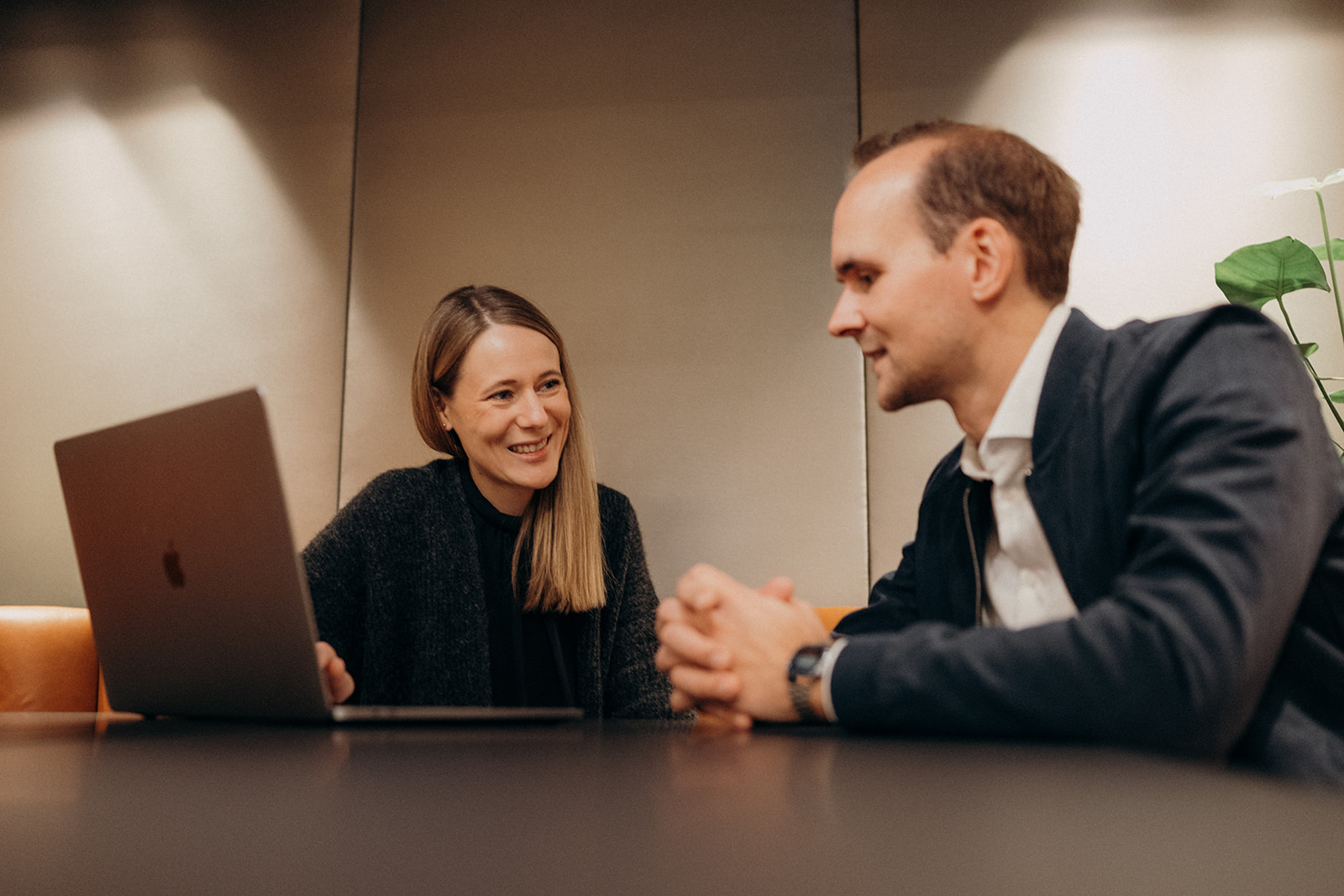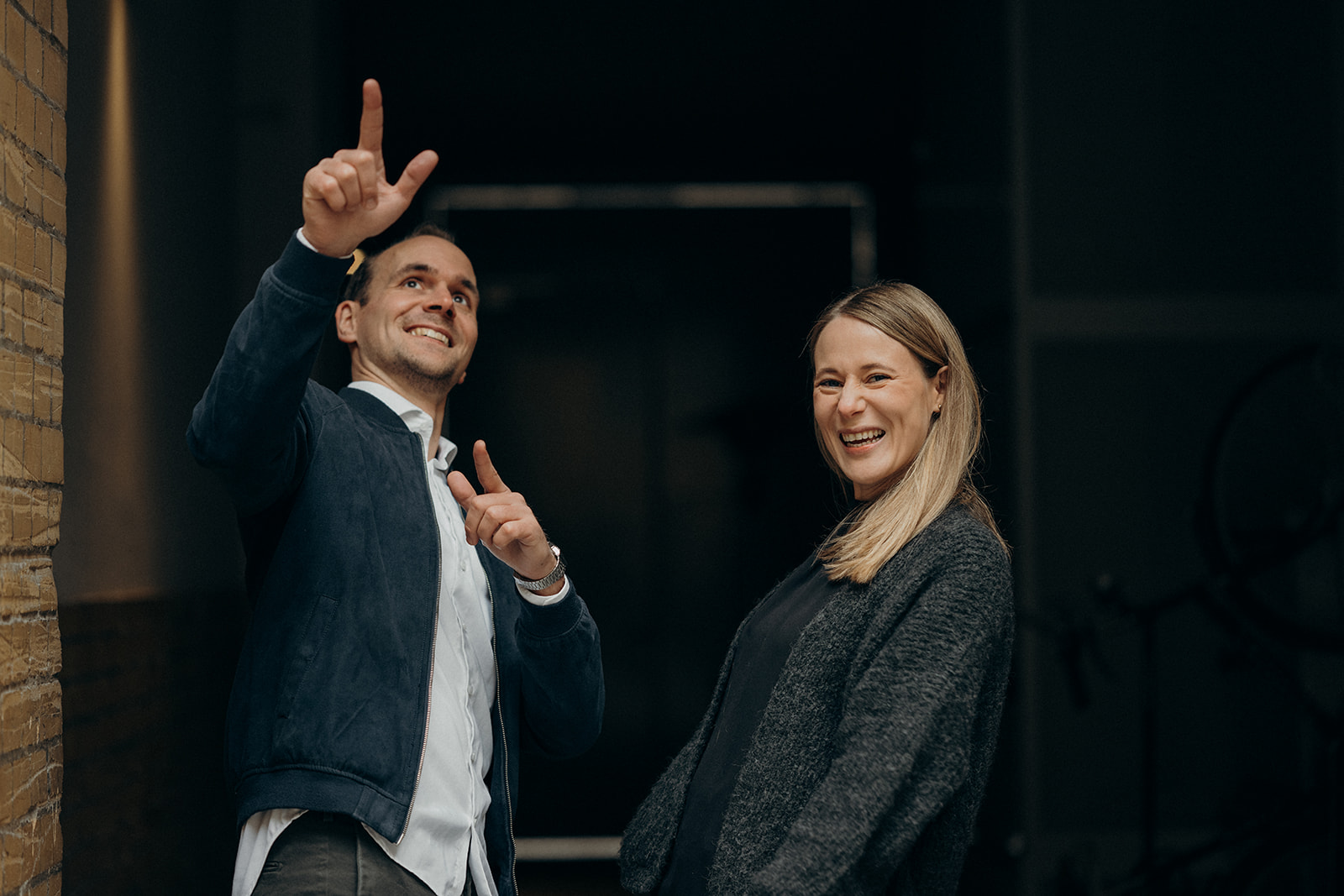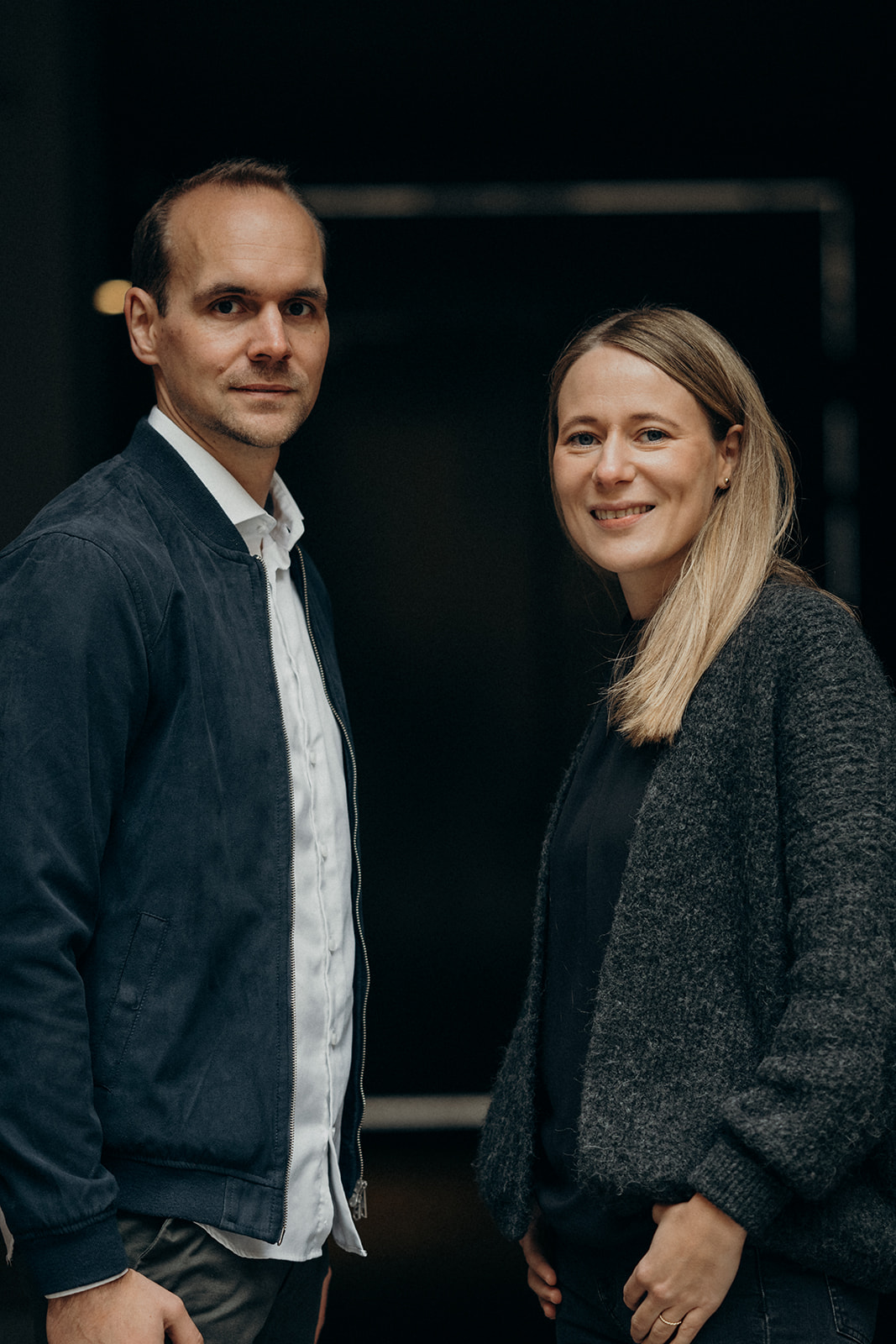

.jpg)







Eigenmind started as a company hackathon project
I led the design of this platform and worked on this project for several months alongside Product Manager, Backend Engineer, Frontend Engineer, and a fellow Product Designer.
Eigenmind.ai was born out of a company hackathon with the aim of solving a pervasive issue in SMEs: knowledge silos. Many small and medium enterprises struggle to effectively share knowledge across departments, which can lead to inefficiencies, poor decision-making, and missed opportunities. The goal was to create a solution that could break down these silos and improve collaboration and knowledge-sharing within organizations.
Research
To inform the design of the product, we conducted comprehensive user research, focusing on two key stakeholder groups:
Knowledge managers: Individuals responsible for overseeing how knowledge is created, shared, and retained within an organization.
IT professionals: Experts tasked with managing infrastructure, security, and compliance, which are critical for adopting new technologies in enterprise environments.
Through interviews, we wanted to understand the pain points, workflows, and unmet needs of both groups. Knowledge managers emphasized the difficulty in maintaining a single source of truth for internal data and expertise, often citing challenges in outdated systems, unstructured information, and siloed teams. IT professionals, on the other hand, stressed the need for robust security, scalability, and compliance with GDPR and other regulations.
MVP
Armed with research findings, we proceeded to design and build a Minimum Viable Product (MVP) with a clear focus on solving the core problem: enabling seamless knowledge sharing across teams within SMEs. Key features included:
What We Learned from Early Pilots
Overfitting for early adopters: While our first users were enthusiastic about the product, they represented a niche segment of the market. We tailored too many features to meet their specific needs, which limited our ability to design for broader applicability. This narrow focus became a hindrance when trying to expand beyond the pilot phase.
IT and security roadblocks: Enterprise customers often had long review processes for any new software. Complying with IT infrastructure and security standards, particularly regarding data privacy and GDPR, introduced more delays. We underestimated the complexity of getting through these procurement hurdles.

While we learned many lessons from this project, the most critical ones came from our missteps in understanding the market and failing to pivot early enough. Our over-reliance on feedback from a small group of early adopters led us to build a product that was not scalable for the larger SME market.
Additionally, we underestimated the challenges of long B2B sales cycles and the complexities involved in meeting stringent IT/security requirements. Eigenmind.ai did not achieve the traction it needed to compete in a crowded space. However, the experience provided valuable insights that we used in the following product design and development decisions.